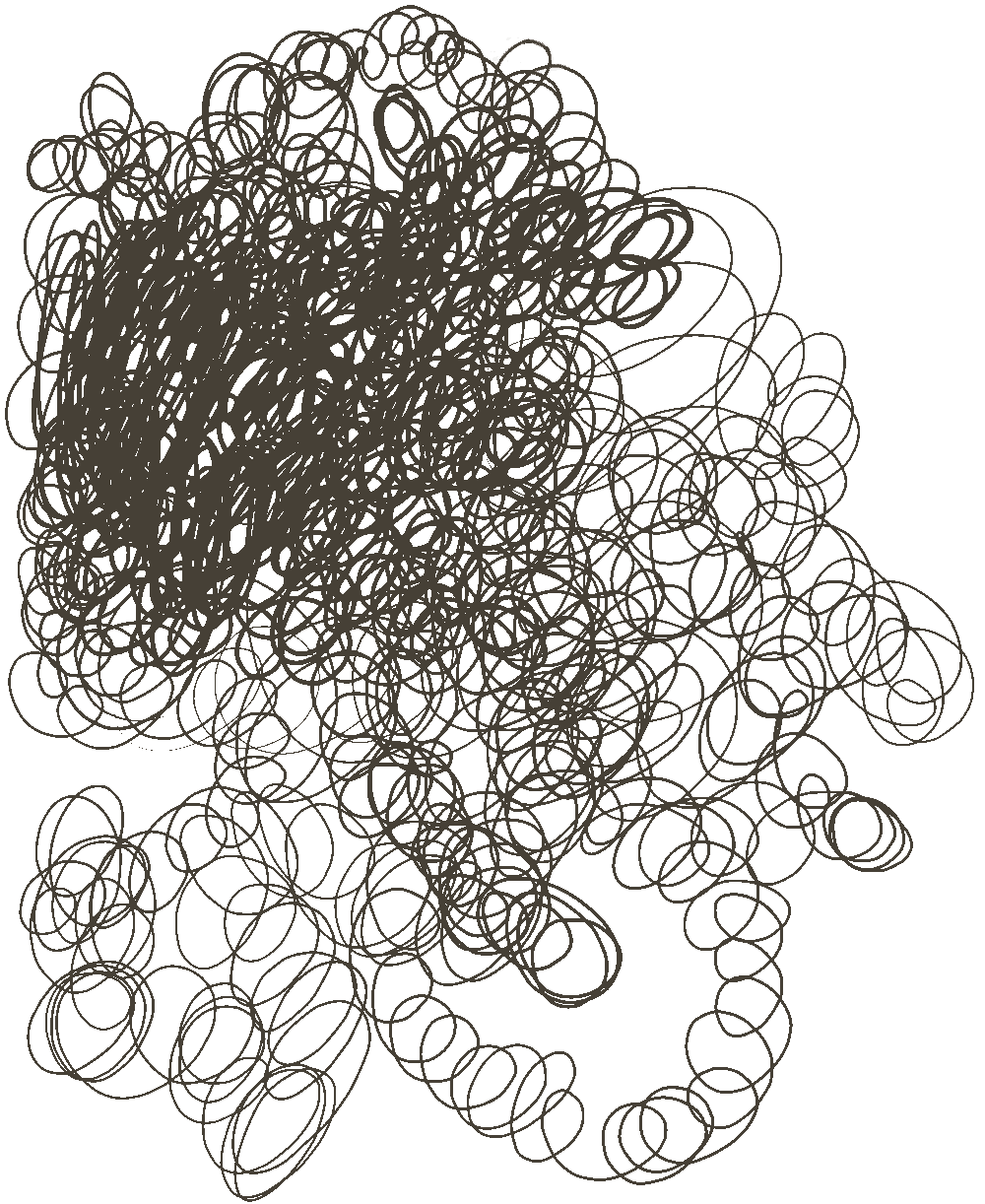The US has committed to providing Ukraine with more air defense systems and attack drones in a $1.3 billion aid package announced Wednesday, according to the Department of Defense.
The package includes four more National Advanced Surface-to-Air Missile Systems (NASAMS), which are medium-range air defense batteries that have already helped Ukraine withstand ongoing Russian barrages of missiles and drones. It is the same system used to protect Washington, DC, and the area around the nation’s capital.
The latest commitment will give Ukraine a total of 12 NASAMS from the United States. Defense Secretary Lloyd Austin said last November that the NASAMS had a 100% success rate in intercepting Russian attacks.
The latest package falls under the Ukraine Security Assistance Initiative (USAI), which is part of the long-term US commitment to provide aid to Ukraine. Unlike drawdown packages, which are pulled directly from Defense Department stocks and can be sent in relatively quickly, USAI packages are contracted with industry, a process which can take months or more.
On Tuesday, following an international meeting of countries providing aid to Ukraine, Austin said, “Make no mistake: We are determined to support Ukraine’s fight for freedom for as long as it takes.”
The package also includes Phoenix Ghost and Switchblade attack drones, as well as counter-drone equipment.
The sizable Ukraine aid package comes during Ukraine’s ongoing counter-offensive, which has faced stiff Russian resistance and widespread minefields, which have slowed its progress.
The US is also expected to announce a separate aid package of about $400 million that will include more ammunition for the NASAMS, according to two US officials, as well as ammo for Patriot missile defense systems and HIMARS rocket launchers.
The package will also contain more artillery ammunition, which officials have warned is in short supply, especially with the possibility of a prolonged Ukrainian counteroffensive that will drain current stockpiles.
In addition, the package includes anti-tank and anti-armor weapons such as Javelins and TOW missiles, the officials said.
The officials cautioned the package has not been finalized yet and could still change. It could be announced as early as this week, one of the officials said.
Notably, the package is not expected to include more of the controversial cluster munitions, the officials said, which the US provided for the first time in the previous drawdown package announced earlier this month.
The Biden administration decided to provide cluster munitions, known officially as dual-purpose improves cluster munitions, in part to meet the Ukrainian need for more artillery ammunition as the US and other countries ramp up their ammo production.















